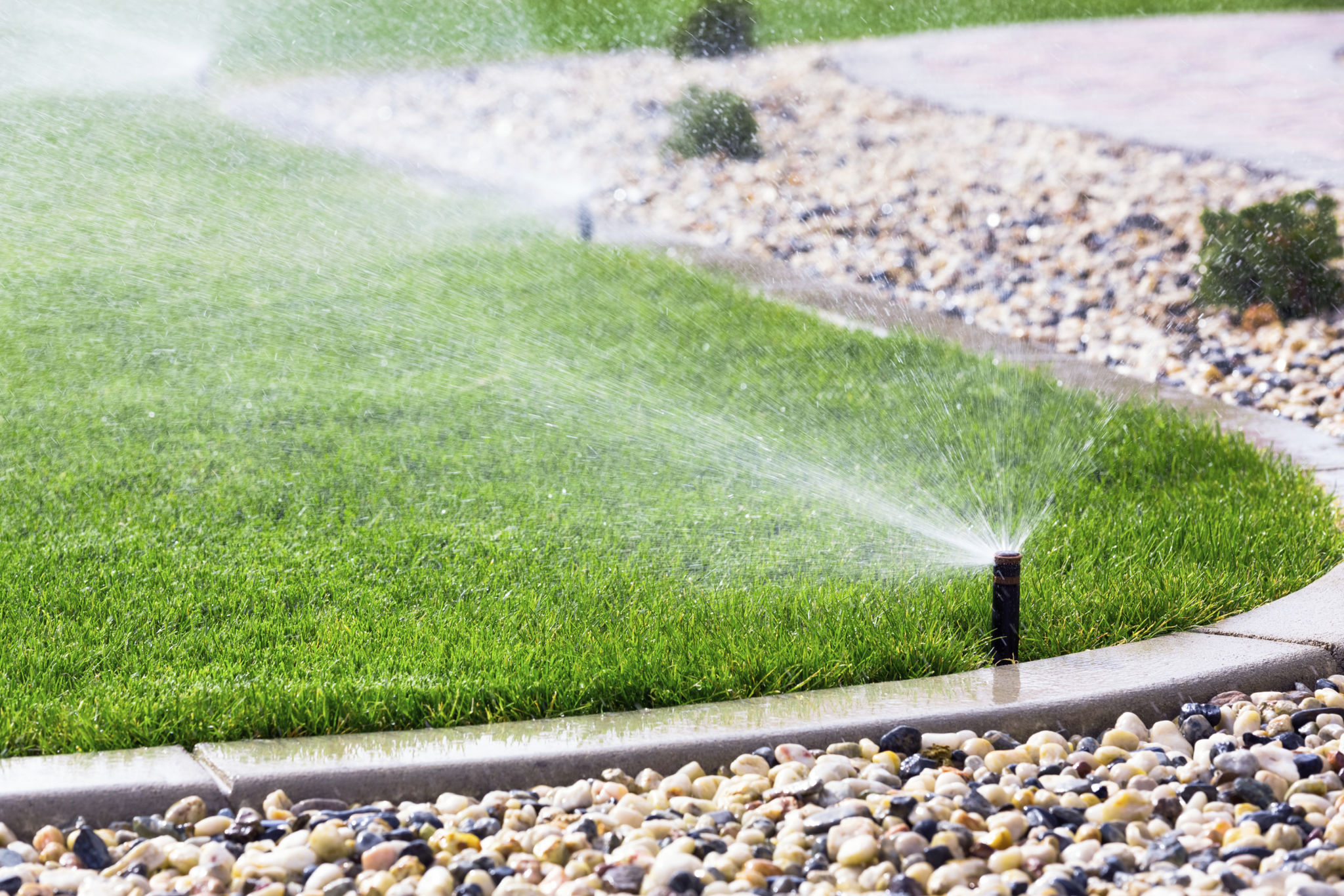Common Lawn Care Myths Debunked by F&N Lawn Care Experts
Myth 1: Watering Your Lawn Every Day is Necessary
One of the most persistent myths in lawn care is the need for daily watering. Many homeowners believe that frequent watering ensures a lush, green lawn. However, this is not only unnecessary but can also be detrimental. According to F&N Lawn Care Experts, overwatering can lead to shallow root growth and increase the risk of fungal diseases.
The optimal approach is to water deeply but infrequently, encouraging roots to grow deeper and making your lawn more drought-resistant. Aim to water your lawn about 1 to 1.5 inches per week, including rainfall.

Myth 2: Shorter Grass Means Less Mowing
Another common misconception is the belief that cutting grass shorter means you'll mow less often. While it might seem like a time-saver, cutting grass too short can actually harm your lawn. Known as "scalping," this practice stresses the grass, making it more susceptible to weeds and pests.
F&N Lawn Care Experts recommend maintaining your grass at a height of about 3 inches. This height allows the grass to develop a strong root system and shades the soil, reducing weed growth.
Myth 3: Fertilizing More Means a Greener Lawn
Many people assume that more fertilizer equates to a greener lawn. However, excessive fertilizing can burn your grass and harm the environment. The key is to apply the right amount of fertilizer at the right time.
The experts suggest fertilizing your lawn twice a year: once in spring and once in fall. Use a slow-release fertilizer for best results and follow package instructions closely.

Myth 4: All Weeds are Bad
While most homeowners strive for a weed-free lawn, not all weeds are harmful. Some, like clover, can actually benefit your lawn by fixing nitrogen in the soil and improving its health.
Before launching an all-out attack on weeds, consider which ones are truly problematic and which might be harmless or even beneficial. F&N Lawn Care Experts advise using targeted herbicides or natural remedies for specific weeds rather than blanket treatments.
Myth 5: New Lawns Need Constant Care
It's easy to feel overwhelmed with the care of a new lawn, but it doesn't require constant attention. The key is to establish the right foundation from the start.
Focus on proper soil preparation, seeding, and initial watering practices. Once established, new lawns need the same care as mature ones: regular mowing, occasional watering, and periodic fertilization.

Myth 6: Grass Clippings Cause Thatch
A common myth is that leaving grass clippings on your lawn causes thatch, but this isn't true. Thatch is mainly composed of roots and stems that decompose slowly.
Grass clippings decompose quickly and can even provide additional nutrients to your lawn. Consider using a mulching mower to recycle clippings and keep your lawn healthy.
Conclusion: Trusting the Experts
Navigating through these lawn care myths can be challenging, but with guidance from F&N Lawn Care Experts, you can ensure a healthy and vibrant lawn. By debunking these myths and implementing proper practices, you'll save time, water, and effort while achieving the lush green lawn you desire.
